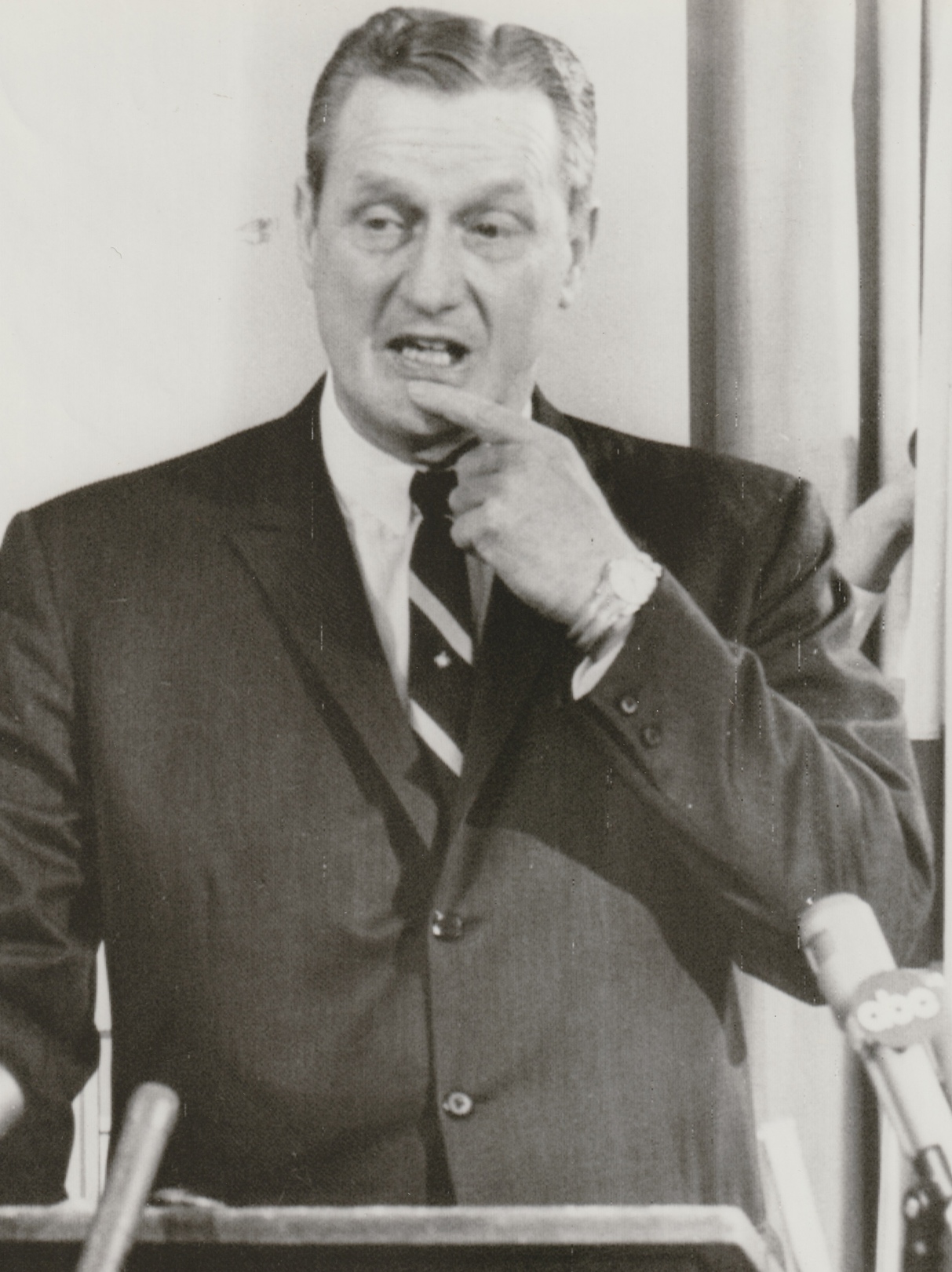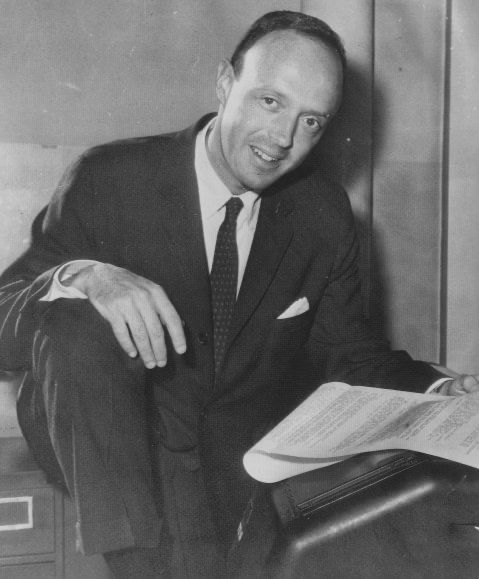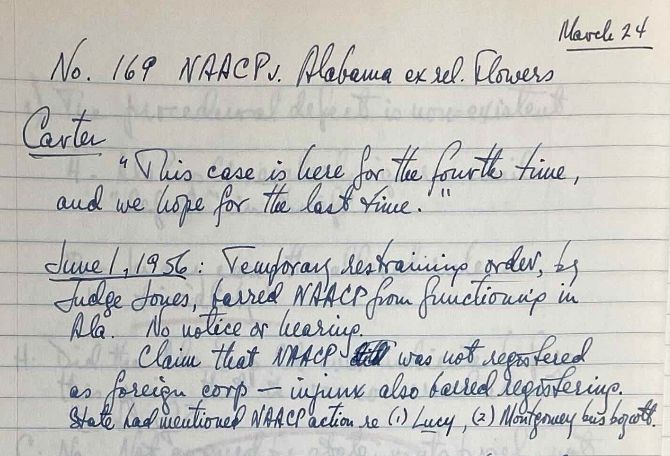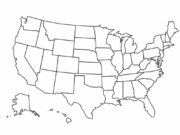This November, the Journal of Supreme Court History published a new article from Institute for Free Speech Research Director Helen Knowles-Gardner detailing the oral argument history of the critical 1964 Supreme Court case, NAACP v. Alabama ex rel. Flowers. The resulting decision in that case was a historic victory to preserve the First Amendment rights of speech and assembly.
The article can be found in the Journal of Supreme Court History Volume 49 Issue 3 (November 2024), pages 213-239.

Richmond M. Flowers, Attorney General of Alabama 1963-1967
(Houston Post, March 1, 1966, collection of Helen Knowles-Gardner)
From the abstract:
This Article tells the story of the March 24, 1964, Supreme Court oral arguments in NAACP v. Alabama ex rel. Flowers. The unanimous decision, announced by the Court on June 1, 1964, constitutes a landmark free speech and freedom of assembly ruling. Analysis of the arguments is framed using the notes taken by New York Times Supreme Court correspondent Anthony Lewis. They were arguments which caught even the highly experienced and Pulitzer Prize-winning journalist off guard. Using those notes, and other extensive primary research materials (from myriad archival collections, including the papers of Justices Tom Clark and Charles Evans Whittaker), the Article leads the reader through the background to the case, setting the stage for the oral arguments which laid bare the procedural shenanigans that Alabama had engaged in for eight years.


(Left) New York Times reporter Anthony Lewis (Associated Press wire photograph, 1963, collection of Helen Knowles-Gardner)
(Right) Anthony Lewis’s notes that he took during oral argument in NAACP v. Alabama ex rel. Flowers (1964) (Part II, Box 10, Annual File, Supreme Court, Notes, October Term 1963 (3 of 4), Anthony Lewis Papers, Manuscript Division, Library of Congress, Washington, D.C.)
This piece is the second of two articles authored by Knowles-Gardner about the NAACP litigation. The Seattle University Law Review published the first installment, “The First Amendment to the Constitution, Associational Freedom, and the Future of the Country: Alabama’s Direct Attack on the Existence of the NAACP,” on First Amendment Day (September 25th) this year.














